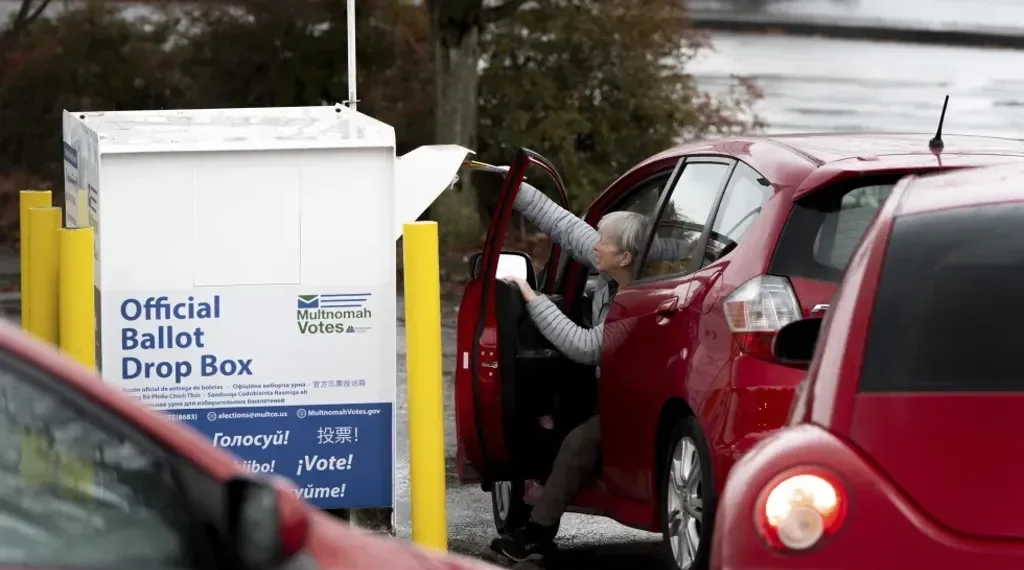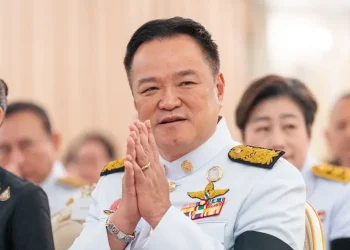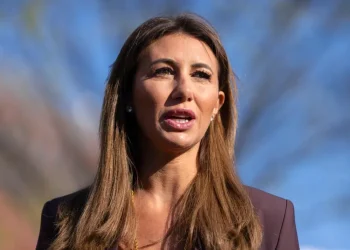Trump Promises Changes to U.S. Elections, but Constitution Limits Presidential Authority
Published Time: 08-19-2025, 15:00
Former President Donald Trump has pledged new changes to how U.S. elections are conducted, including banning mail voting and voting machines. Constitutional experts note that the president alone lacks authority to implement these reforms, which fall under state and congressional jurisdiction.
Trump’s Latest Election Announcement
On Monday, Donald Trump used his social media platform to promise sweeping changes to U.S. elections ahead of the 2026 midterms. He claimed that mail voting and electronic voting machines are vulnerable to fraud, despite widespread evidence showing that voting fraud in the U.S. is extremely rare.
Mail voting, for example, accounts for roughly one-third of ballots nationwide and remains a secure method used successfully in multiple Republican-leaning states, including Arizona, Florida, and Utah. Voting machines, meanwhile, are employed in nearly all of the country’s thousands of election jurisdictions and were instrumental in facilitating both Trump’s 2024 win and the Republican gains in Congress.
Trump framed his latest post as a precursor to a new executive order aimed at ensuring what he described as “honest” elections. This follows a previous executive order requiring proof of citizenship before voter registration, which faced legal challenges in multiple states.
Claims and Misconceptions
In his Monday post, Trump repeated several long-debunked claims about the integrity of U.S. elections. He alleged “massive fraud” linked to mail-in voting and described voting machines as unnecessarily expensive compared to “Watermark Paper,” a ballot-marking system promoted by some conspiracy theorists. Election experts note that watermarks cannot tally votes, and most U.S. voters already cast ballots on paper, creating an auditable record for verification.
Trump also suggested that states are “agents” of the federal government in counting votes and must follow the president’s directives. Constitutional scholars say this is incorrect. The U.S. Constitution delegates the conduct of elections primarily to the states and local jurisdictions, with Congress empowered only to establish rules for federal elections.
Rick Hasen, an election law professor at UCLA, emphasized: “The president has very limited to zero authority over things related to the conduct of elections.”
How U.S. Elections Are Managed
Unlike in many countries, U.S. elections are decentralized. Each state organizes its own elections, often delegating authority to counties, cities, or townships. Election officials estimate there are roughly 10,000 jurisdictions nationwide, each with varying ballots that may include federal, state, and local races.
This structure allows for flexibility but complicates comparisons with countries like France, where a single, hand-counted ballot is used nationwide for presidential elections. In the U.S., multiple races on a single ballot require distinct procedures and tabulation systems.
Congress can enact legislation affecting federal elections, but it cannot mandate how states manage local elections. Courts have consistently ruled against presidential attempts to control election operations, including prior executive orders issued by Trump.
Legal and Political Constraints
Trump’s past executive actions targeting election procedures faced immediate legal challenges. States such as Washington and Oregon filed lawsuits to maintain their mail-in voting deadlines, arguing that presidential directives cannot override state election law. Judges in federal courts have largely agreed, blocking measures that sought to change ballot receipt or postmark rules.
Even with a Republican-controlled Congress, proposed federal restrictions on voting machines or mail ballots are unlikely to pass easily. Democratic opposition and the potential for Senate filibusters present significant legislative barriers.
Moreover, mail voting retains broad bipartisan support. It enables overseas military personnel and voters in multiple states to cast ballots safely and efficiently. Eliminating mail voting nationwide could disenfranchise thousands of voters, including some who support Republican candidates.
Broader Implications
Trump’s Monday statements underscore his continuing focus on reshaping U.S. election processes, even where his authority is limited. Constitutional experts caution that such rhetoric could lay the groundwork for attempts to influence elections indirectly.
“These kinds of claims could provide a kind of excuse for him to try to meddle,” Hasen said. “Very concerned about that.”
While the president can advocate for policy changes or lobby Congress, the legal reality remains that the power to establish or modify election procedures rests with states and legislative bodies, not the executive branch.
This article was rewritten by JournosNews.com based on verified reporting from trusted sources. The content has been independently reviewed, fact-checked, and edited for accuracy, neutrality, tone, and global readability in accordance with Google News and AdSense standards.
All opinions, quotes, or statements from contributors, experts, or sourced organizations do not necessarily reflect the views of JournosNews.com. JournosNews.com maintains full editorial independence from any external funders, sponsors, or organizations.
Stay informed with JournosNews.com — your trusted source for verified global reporting and in-depth analysis. Follow us on Google News, BlueSky, and X for real-time updates.














